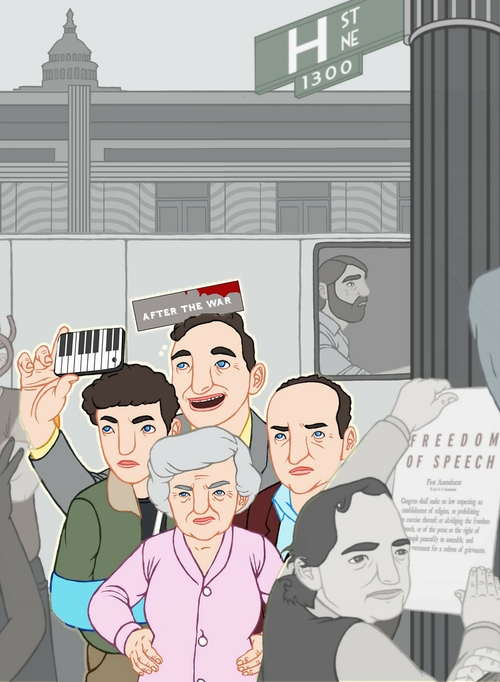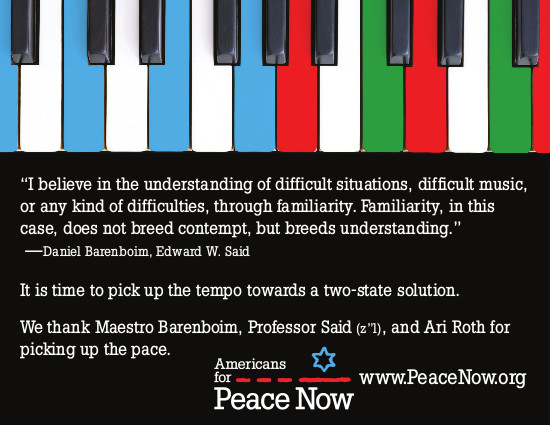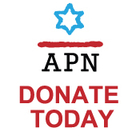1| What more could be done to achieve
peace between Israelis and Palestinians?
2| What might women bring to the
peace process if more were included?
with Ruth Calderon, Tamara Cofman Wittes, Nadia Hijab, Naomi Chazan, Caroline Glick, Fania Oz-Salzberger, Laila El-Haddad, Nitsana Darshan-Leitner, Anat Saragusti, Cora Weiss, Sarai Aharoni, Noura Erakat, Laura Blumenfeld, Lara Friedman, Simone Susskind, Felice Friedson, Leila Hilal & Galia Golan
When did you last hear someone say something new about the peace process? And when did you last hear someone new say it? Every day, it seems, a panel of experts—diplomats, pundits, scholars, chin-pullers of all varieties—convenes to chew over the future of Israeli-Palestinian relations. These groups all have something in common: They are overwhelmingly male. The PBS program Frontline recently attracted criticism for asking 23 male experts and three women to reflect on the career of Prime Minister Benjamin Netanyahu. We at Moment have been offenders ourselves, printing past symposia on the Israeli-Palestinian conflict that featured far more male than female contributors.



 Rabbi Justin Goldstein was ordained in 2011 by the Ziegler School of Rabbinic Studies at
the American Jewish University in Los Angeles, is a 2012-2013 Rabbis Without Borders Fellow and has served
Congregation Beth Israel in Asheville NC since 2014.
Rabbi Justin Goldstein was ordained in 2011 by the Ziegler School of Rabbinic Studies at
the American Jewish University in Los Angeles, is a 2012-2013 Rabbis Without Borders Fellow and has served
Congregation Beth Israel in Asheville NC since 2014.

